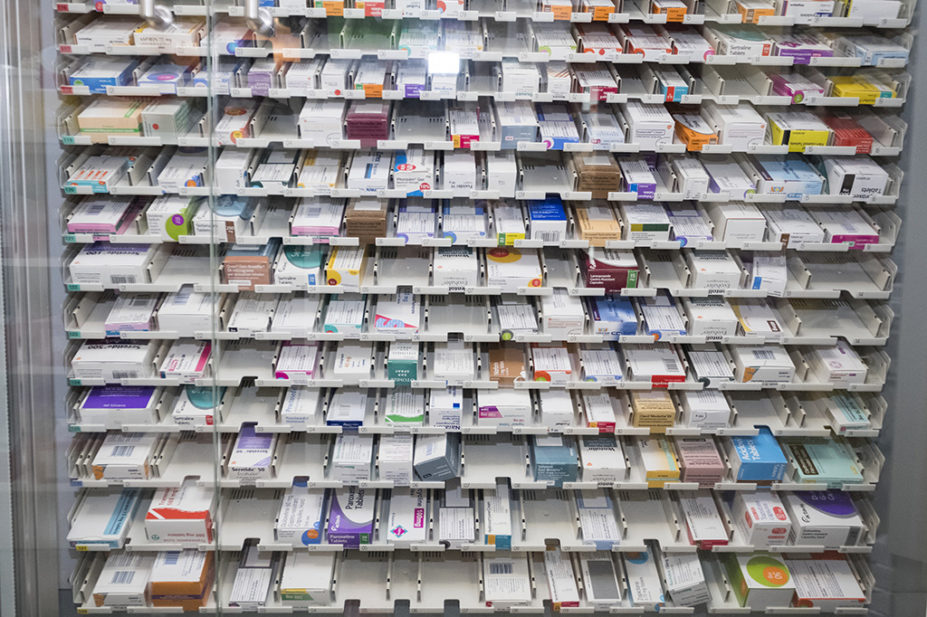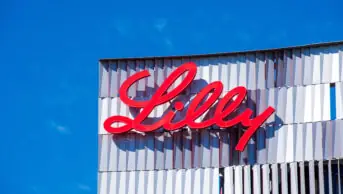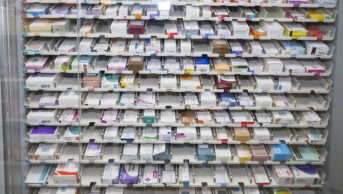
LEWIS HOUGHTON/SCIENCE PHOTO LIBRARY
Government proposals to increase tax rates applied to drug manufacturers are a “Damocles sword” over the UK life sciences sector, the Association of the British Pharmaceutical Industry (ABPI) has warned.
In December 2022, the government launched a consultation on proposals to increase the payment percentage required from manufacturers under the statutory tax scheme for branded medicine pricing from 24.4% to 27.5% from 1 April 2023.
The payment percentage requires manufacturers signed up to the scheme to pay the government a portion of their net income from sales of branded medicines to the NHS, in an effort to control NHS spending on medicines.
The proposed increase in the statutory scheme payments aims to maintain “broad commercial equivalence” with the voluntary scheme that some manufacturers choose to join, which will require manufacturers to pay 26.5% in 2023.
However, in its response to the statutory scheme consultation, published on 31 January 2023, the ABPI said the proposed payment percentage is “unacceptable” and will pose “a real risk that companies will not invest in or bring new innovations to the UK”.
“Increasing the statutory scheme rate at this time sends the worst possible signal in advance of the current voluntary scheme ending in December 2023,” the response said.
The Voluntary Scheme for Branded Medicines Pricing and Access (VPAS) first came into effect in January 2019 and is due to end on 31 December 2023, ahead of renegotiations for the scheme between the Department of Health and Social Care (DHSC) and the ABPI.
The response added: “As currently proposed, any statutory scheme rate update will endure beyond December 2023, having a material impact on long term investment, new medicine launch and supply decision-making.
“It also risks prejudicing the upcoming negotiations on a new voluntary scheme — acting as a Damocles sword over the industry — but one that also risks slicing off the UK’s life sciences sector.”
Instead, the ABPI proposed “that no further change to the statutory scheme is made until a replacement to the voluntary scheme is agreed, with the statutory scheme payment rate being held at the existing rate of 24.4% and not increased in 2023”.
Following the increasing tax rates for manufacturers signed up to the VPAS, two of the world’s largest medicine manufacturers left the scheme in favour of the statutory scheme, as it was “easier to justify” to global boardrooms.
Members of the British Generic Manufacturers Association have also warned that they would cut back on medicine supplies to the UK if tax rates continued to increase.
A spokesperson for the DHSC said: “Increasing the payment percentage will enable the NHS to continue to invest so that patients have greater access to the medicines they need.
“We are currently considering feedback from the consultation on proposals to update the Statutory Scheme payment percentage for 2023 and will publish a response in due course.”


